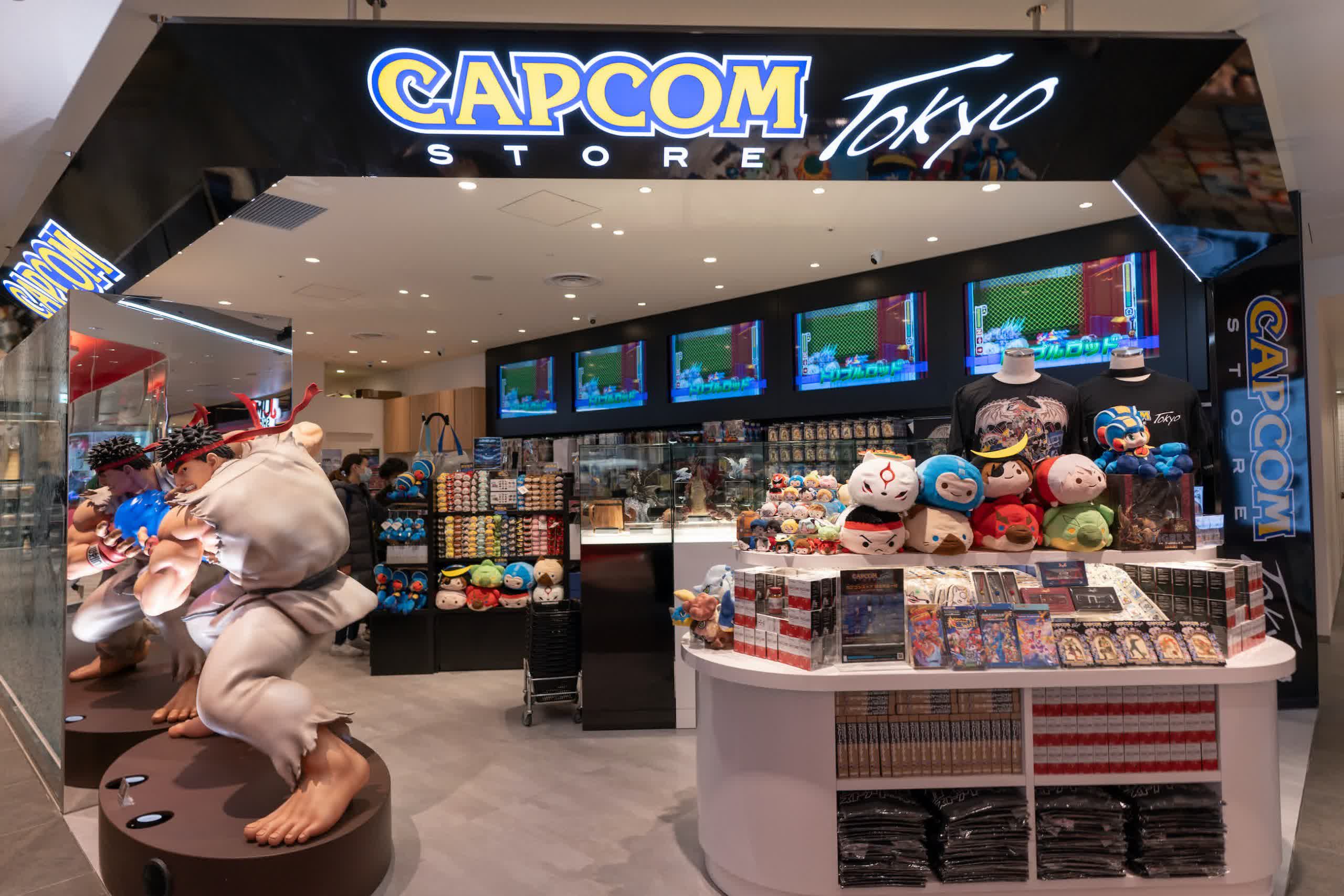Facepalm: Capcom has a mixed history with DRM. The company often removes Denuvo from its titles post-launch but has faced significant controversies regarding DRM. Despite these removals, Capcom continues to secure its games with software that may hinder modding.
The recent patch for Resident Evil Revelations highlights Capcom's practice of incorporating new DRM into some of its games. This software seems to disrupt modding and could impair performance.
Users noticed an update for Resident Evil Revelations introduced anti-tamper functionality in the game's executable earlier this month. There were reports of crashes, reduced framerates, and malfunctioning mods. In response, Capcom withdrew the patch, intending to re-release it after addressing these issues.
Wake up babe, new Mega Man Battle Network Legacy Collection update just dropped.
– Prof. 9 (@Prof9) October 30, 2023
This one adds, uh... (checks notes) ah, new DRM.
The same DRM was recently added to Mega Man Zero/ZX Legacy Collection: https://t.co/erjhZZPP02 pic.twitter.com/EH8bsFu0jb
The incident seems to be Capcom's latest effort to implement Enigma Protector DRM, seen in several titles since last fall. Mega Man Zero/ZX Legacy Collection received it in September, and it was added to Mega Man Battle Network Legacy Collection the next month. Most mods for these games stopped working unless players reverted to an earlier version.
Capcom's games have long used Denuvo, but the company usually removes it after some time. However, when it eliminated the DRM from Ghost Trick: Phantom Detective last year, Enigma was quietly introduced as a substitute. A workaround was found within days, rendering Capcom's decision moot.
The company's aggressive stance against piracy and modding isn't surprising. Last October, Capcom presented on anti-piracy tools, equating mods to cheating.
While cheating is a major issue in multiplayer games, Capcom acknowledged that many mods are harmless. For instance, the Resident Evil Revelations patch broke mods for ultrawide screens, Vulkan conversion, and other helpful features.
Possibly the most baffling part of Capcom's DRM policy is the decision to introduce a new DRM to a game released in 2013. While it's not surprising to see newly-released games equipped with such software to deter piracy, cracked versions of Resident Evil Revelations have likely existed for years, meaning the new DRM only inconveniences legitimate customers.
This isn't the first time Capcom's security measures have degraded the player experience. When Resident Evil Village launched with Denuvo, users noticed stuttering not present in cracked versions. The company's most egregious case might be when it added a rootkit to Street Fighter V, making PCs significantly more vulnerable to malware.
